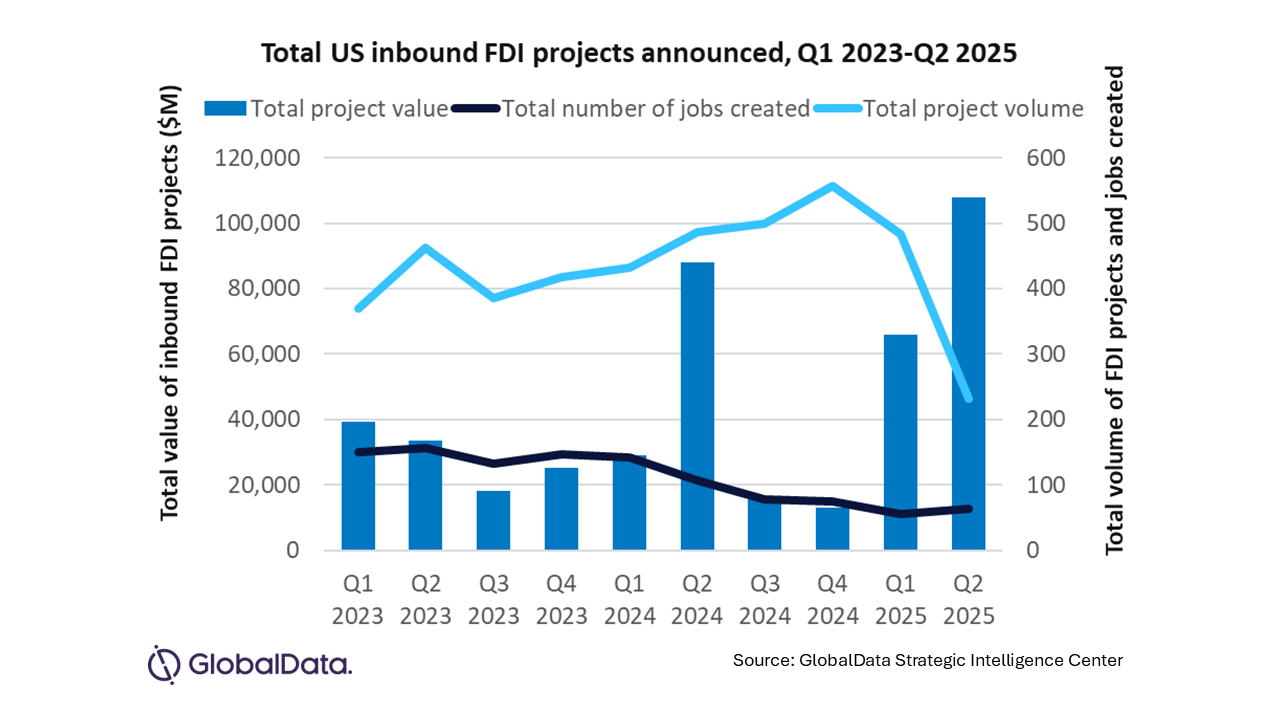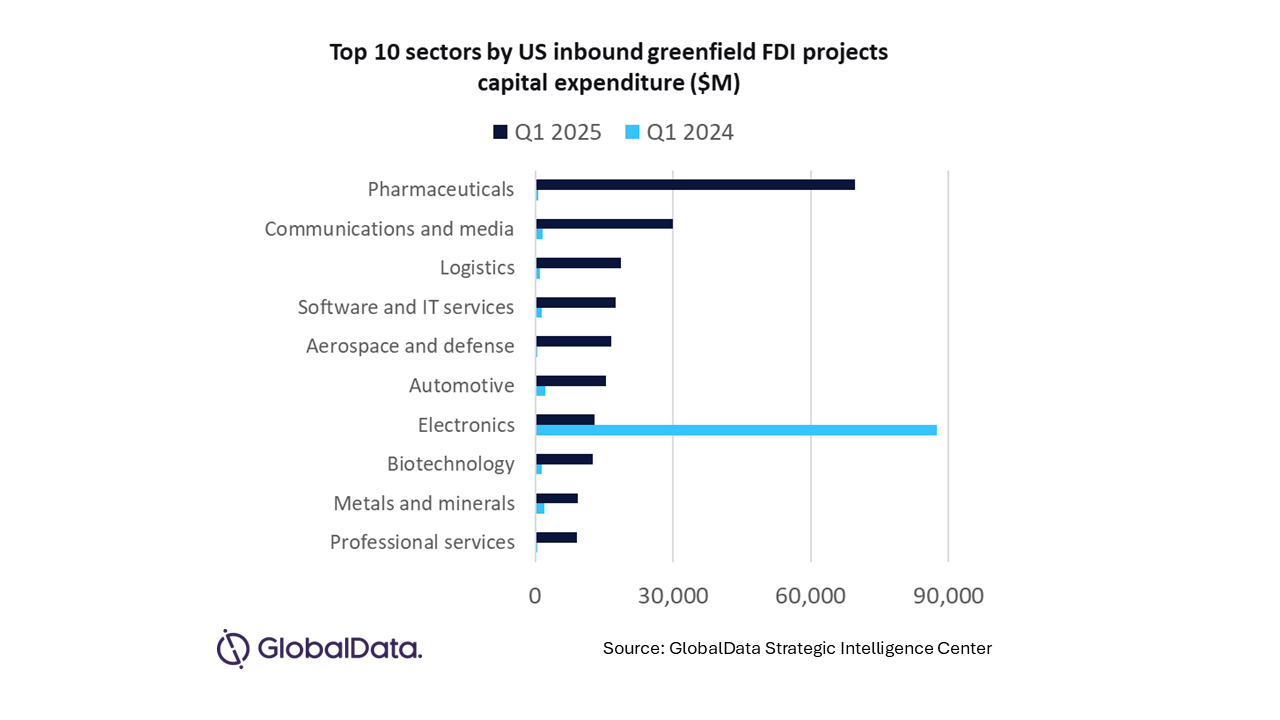
The US tariffs are accelerating the breakdown of hyper-globalization, forcing companies worldwide to rethink their supply chain strategies, according to a new analysis by GlobalData.
The data and analytics company noted that as protectionist policies take hold, supply chains are shifting toward localization to mitigate risk and rising costs.
"Global trade is entering a new era, defined not by efficiency, but by resilience, regionalization, and strategic reconfiguration," GlobalData said.
In its latest Strategic Intelligence report, "Impact of Tariffs on Supply Chains," the London-headquartered analytics company said that even if the US tariff rate ends up being lower than previously announced in April, an average 10% tariff rate on most US imports will force companies to reconfigure supply chains.
"The uncertainty and unpredictability of US tariff policy is discouraging companies from making any long-term investment decisions," said Carolina Pinto, strategic intelligence analyst at GlobalData. "Instead, most companies intend to wait for the tariff situation to stabilize before finalizing any strategic shifts to their supply chains."
Shift towards localization
GlobalData noted that over the next five years, "all major economies are expected to try to reindustrialize and stimulate domestic demand."
Trade restrictions and stimulus packages will incentivize, or even force, companies to reconfigure their supply chains. There will be a shift towards localizing supply chains to avoid the financial and operational penalties associated with offshoring production.
"Reconfiguring supply chains is a lengthy, complex, and expensive process that will have a significant impact on businesses and consumers," Pinto added.
There are already some signs of plans to reconfigure supply chains. GlobalData said in its latest report that this is substantiated by the foreign direct investment (FDI) figures, with the pharma sector seeing the highest value of US inbound FDI in Q1 2025.
FDI announcements by Big Pharma were made during tariff negotiations with the Trump administration. Companies hope that tariff levels can be partially lowered (below the assumed 25% tariff rate) if the industry makes US inbound FDI commitments.

GlobalData noted that with the US closing its doors to foreign goods, all major developed markets that have relied on US foreign demand for the last 30 years, particularly China and Europe, will look to reindustrialize, stimulate domestic demand, and diversify their supply chains.

"The shift toward localized supply chains is a structural reset of global trade norms," Pinto said.
"As geopolitical risks, policy uncertainty, and economic nationalism reshape the landscape, companies will no longer optimize solely for cost. Instead, supply chain strategies will increasingly prioritize resilience, optionality, and proximity to demand, marking a fundamental rebalancing of globalization," she added.



